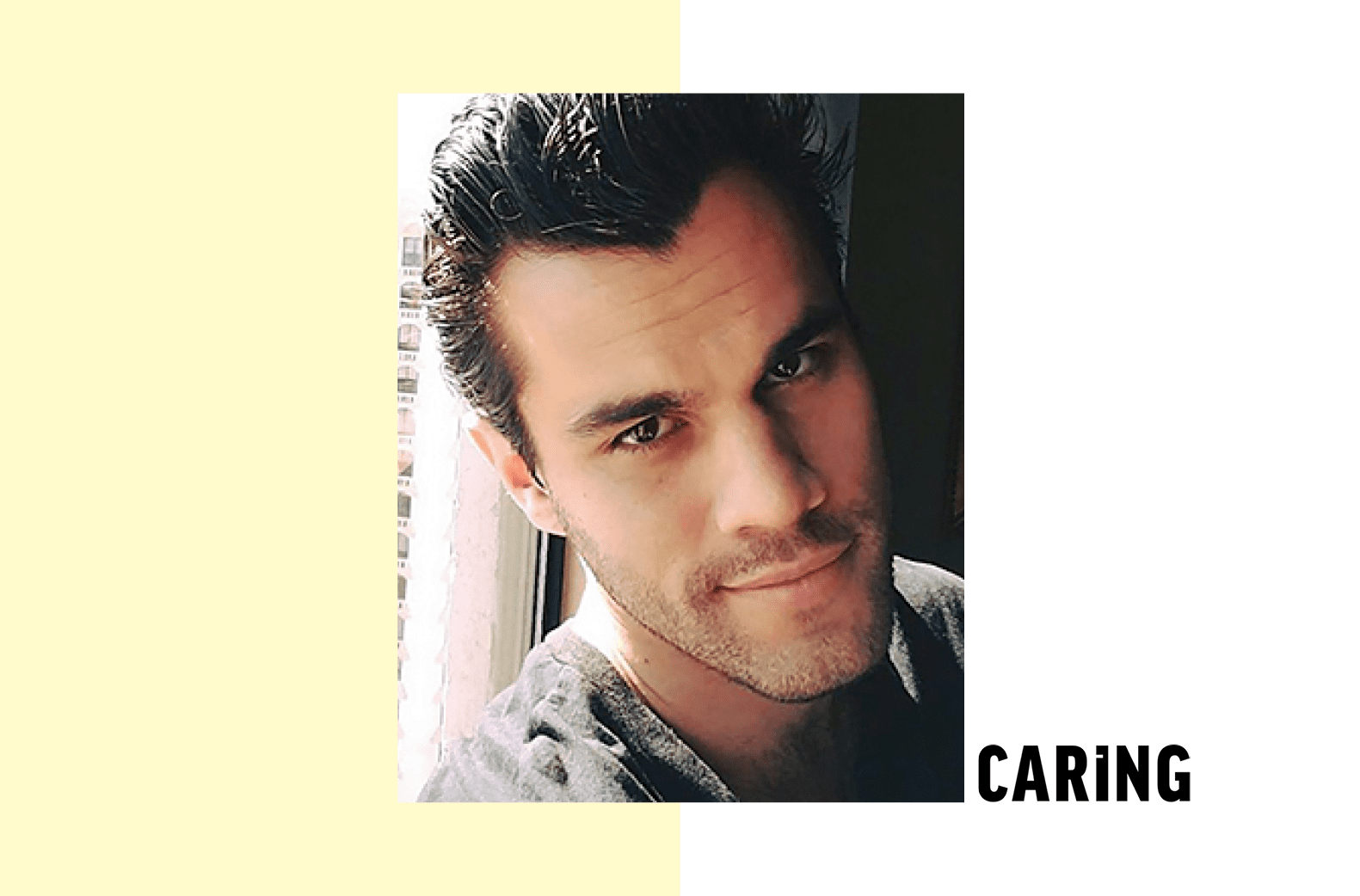by Amy Reardon, Captain –
CAPTAIN ADAM MORALES (center) is shown here with Iraqi young people. |
In May of 2003, when Captain Adam Morales was first approached about serving three months in Iraq, he hesitated, concerned about his personal safety.
Only minutes later, however, he chided himself for his hesitation. He had long ago established a personal motto: “I don’t ever want to say ‘no’ to the Army.” He prayed, “God, my life is in your hands,” and accepted the assignment.
The Salvation Army’s mission in Iraq was divided into three phases: first, supplying propane gas; second, restarting the World Food Program in various cities; third, reconstructing schools. While Basra served as a “home base” for Salvationist workers, they were sent out to other cities in teams of only two to complete most of these tasks. The teams worked closely with other non-governmental organizations and with the coalition military forces.
Morales served six weeks in two Iraqi cities: Nasariyah and Amarah. In Nasariyah, he and an Army officer from India were entrusted with the responsibility of re-establishing the United Nation’s World Food Program. Before the war, 60% of the Iraqi people depended upon the food program for regular supplies that would otherwise be unavailable because of UN sanctions. During the war, the program was discontinued; Morales and his teammate coordinated the return of this program in Nasariyah.
In Amarah, Morales tackled the third phase of the Army’s mission: the reconstruction of schools. But in true Salvationist fashion, he found himself meeting needs of all types. For example, he and representatives of other agencies paid a visit to a hospital with the intent of seeking to provide uniforms for the staff there. While they were at the hospital, however, they learned of the urgent need for oxygen so that surgeries might be performed. In such a situation, workers would meet together to discuss where they might be able to purchase what was needed. Then, a proposal would be drawn up and presented to the United States military, who would provide funds for the purchase.
The blistering heat, inconsistent electricity, and fickle water system presented quite a challenge to many relief workers. But Adam had just completed 10 years serving in Russia and the former Soviet states. “My ten years in Russia had totally prepared me,” he reports. “It wasn’t a hardship.” The people were very friendly and the work was gratifying and he saw immediate results to his work. “It was a wonderful experience,” he says, “I’m glad I went.”












